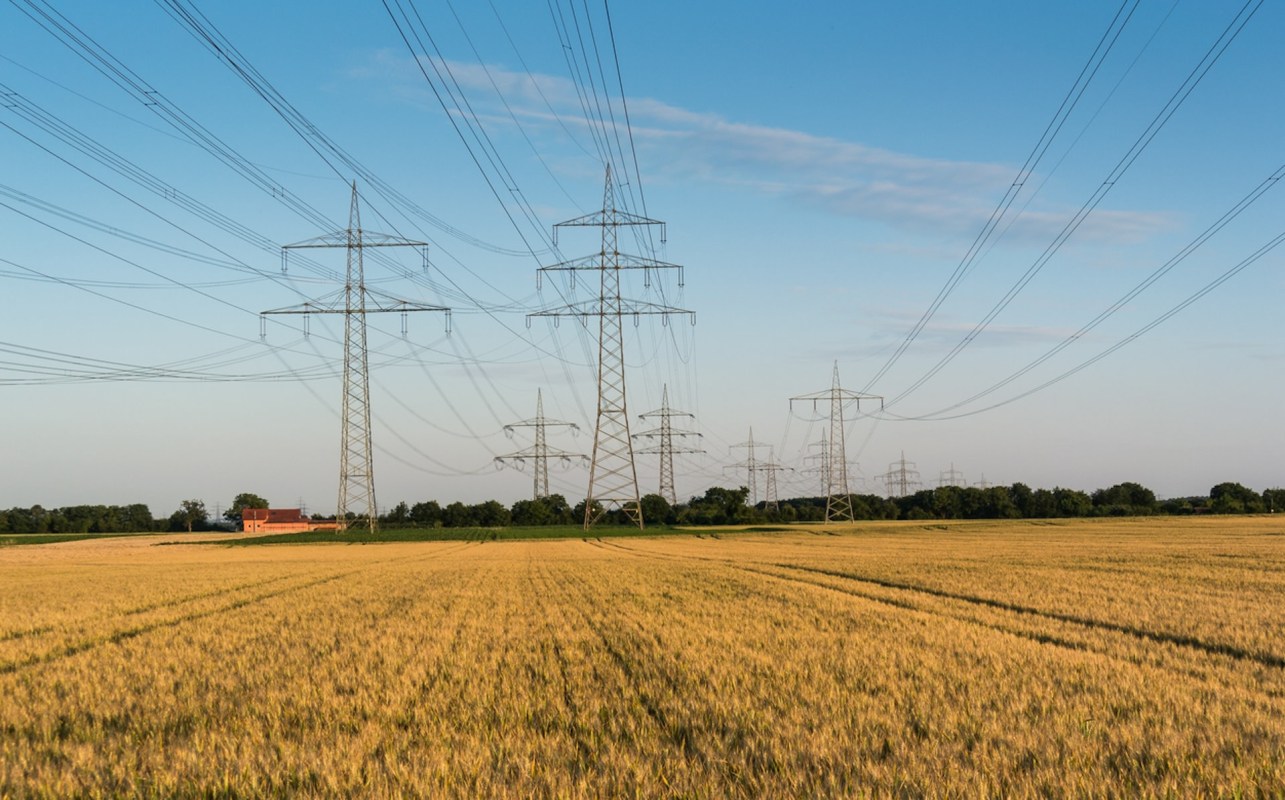A new study from Stanford University scientists could provide a roadmap for more efficient and cost-effective future energy systems.
The study, titled "Batteries or hydrogen or both for grid electricity storage upon full electrification of 145 countries with wind-water-solar?" and published in the scientific journal iScience, modeled different combinations of energy storage systems — battery storage, green hydrogen storage, and hydropower storage — to find the least expensive and most efficient.
"Given that humanity depends on [a clean energy] transition to address air pollution, global warming, and energy security, it is important to ensure that the new energy system is reliable and inexpensive," Mark Z. Jacobson, the author of the study and a professor of civil and environmental engineering at Stanford University, wrote.
Ultimately, the study found that the 145 countries looked at could reduce their annual energy costs by 61% by fully transitioning to clean energy.
"The first step is to electrify all energy sectors as much as possible … the efficiency of electricity over combustion reduces energy demand by 38%," Jacobson told pv magazine USA. "The results provide countries with concrete evidence and the confidence that 100% clean, renewable grids not only lower costs but are also just as reliable as the current grid system."
Hydrogen storage — an important aspect of the study, which Jacobson wrote could significantly reduce energy costs in some regions — could be an important part of long-term energy storage solutions in the future. While battery storage remains more viable and cost-effective for short-term energy storage, hydrogen could be used to store solar and wind energy for weeks or months, essentially converting it into physical fuel.
As with any newer technology, at present the tech for green hydrogen storage is expensive and some of the details have yet to be ironed out — but keep an eye on this exciting new form of green energy storage that could play a major role in our transition to fully clean and renewable energy.
Join our free newsletter for cool news and actionable info that makes it easy to help yourself while helping the planet.









